13th MAY 2022
from our LONDON CORRESPONDENT, Carole Lee
Whenever I visit Cornwall, I can’t fail to see how green and beautiful it is. Living in South London is another kettle of fish altogether, although I confess that I do have the great good fortune to be manager of a local allotment group – see below, our special green place hidden between the streets!
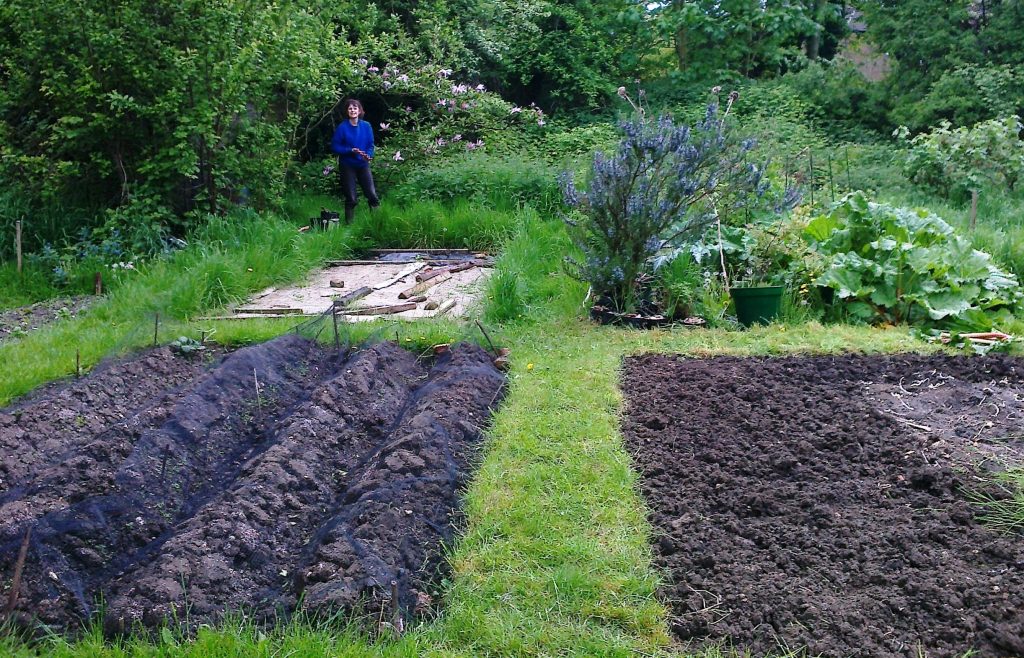
If there are things to improve in Cornwall, how much more so are there things to improve in London? Many of the solutions which might work well elsewhere – such as electric vehicles and heat pumps – are not designed for people who live in flats or in older housing stock, as Londoners tend to do. Growing your own vegetables, composting, even recycling are difficult if you don’t have a garden or much space indoors to store your waste.
Everyone has gas central heating here because we are ‘on the gas grid’. It works well, so why wouldn’t you? Very few people have solar panels because virtually all property is terraced and there isn’t much room on each roof, especially given that many people are converting their attics now, as the cheapest, easiest way to make more space. What space there is on the roof, is needed for Velux / dormer windows. Solar panels are a non-starter, whatever the inducements from central government may or may not be.
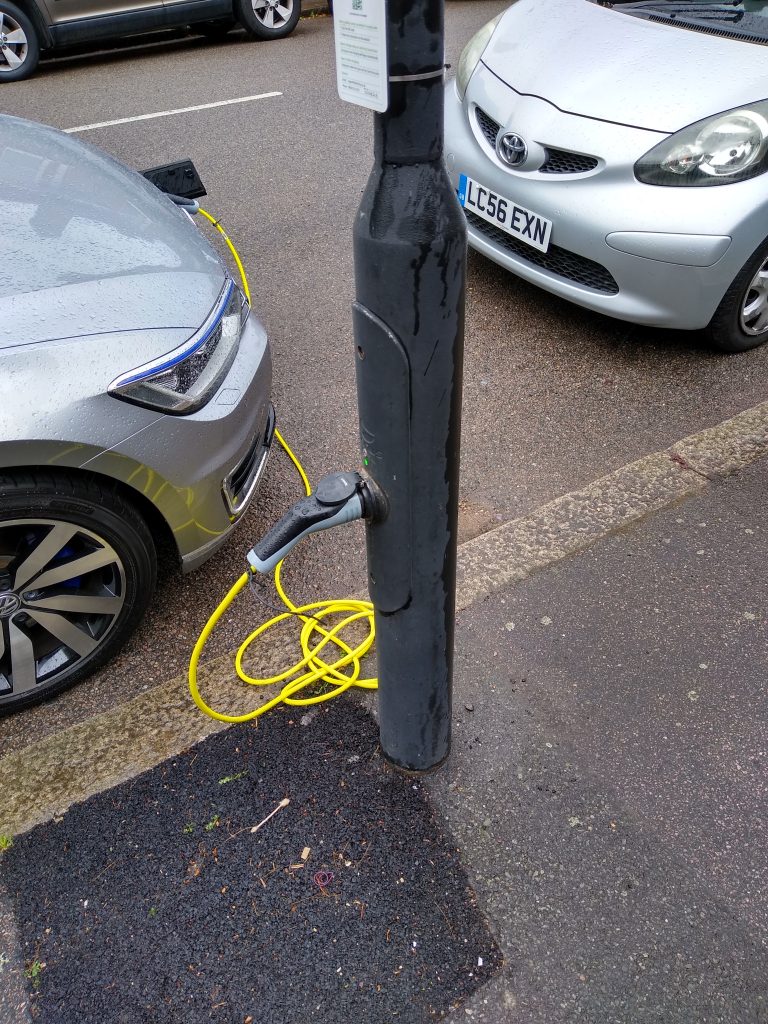
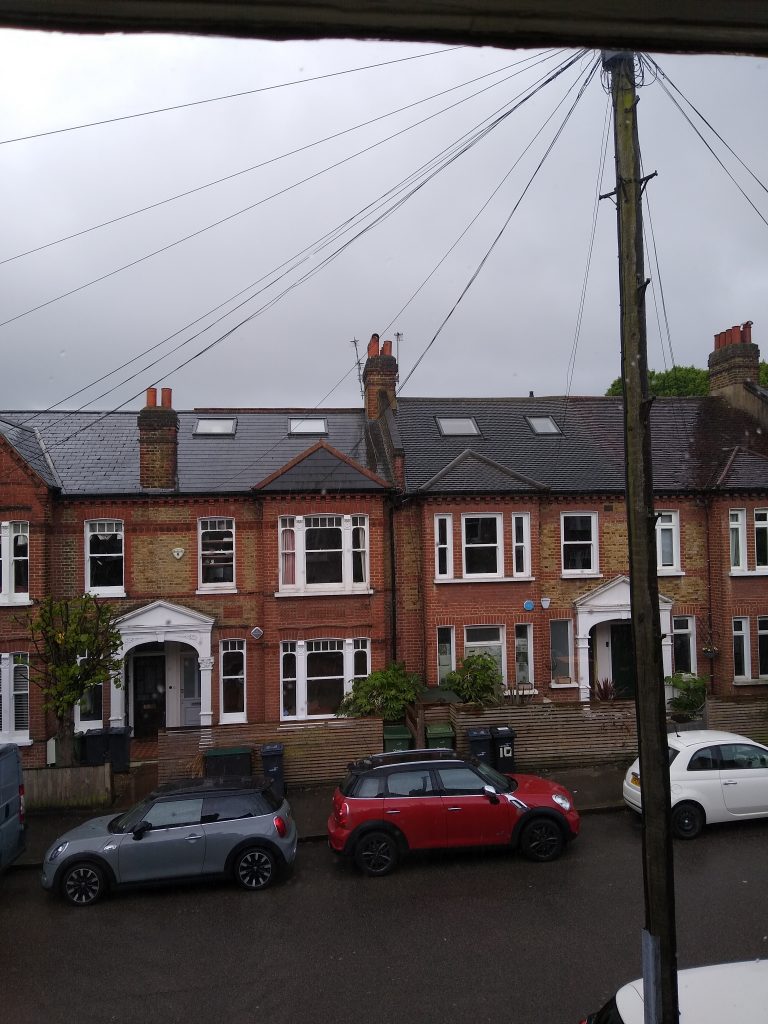
Regarding transport, the situation is slightly better from a green point of view. Compared to most places there is a well-developed public transport system. Walking and cycling are encouraged and most inner London councils can only be described as anti-car, having installed a plethora of Low Traffic Neighbourhood obstructions, cycle lanes, school streets, Quietways etc. etc. Unfortunately, this doesn’t take into account the fact that not all journeys can be made by walking, cycling or public transport. Carers, the elderly & disabled, those carrying heavy loads or in a hurry, delivery services and workmen are regularly inconvenienced by these schemes which are often ill thought through. With certain roads now unavailable, vehicles are corralled onto fewer roads, with all the attendant increased congestion and delay which that involves.
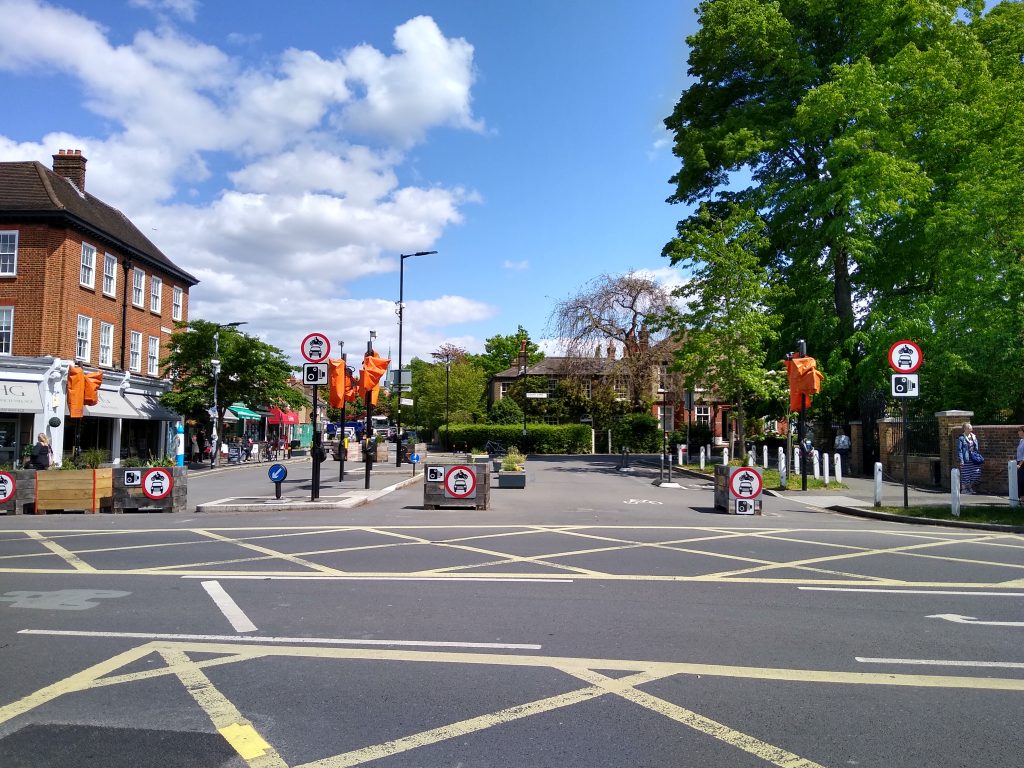
Frustration with illogical local decisions has led me to think long and hard about what it means to be green in the wider, modern urban world. Whenever I deep dive into a new green technology, it often feels like it has feet of clay. For example:
- Wood pellet boilers sounded a great idea, until I found out that many of the wood chips used in Europe come from pristine forests in the southern United States. Unsurprisingly there is a backlash by Americans who care about their forests. See www.dogwoodalliance.org for example.
- Electric vehicles are only as good as the energy sources used in battery production and charging during the lifecycle.
Even recycling can be disappointing when one reads that some of the carefully sorted recyclable waste ends up in incinerators or on a slow boat to China or Malaysia. What really happens to your plastic recycling? | Greenpeace UK
I think it’s important to question green technology claims quite hard, to make sure that we are not being conned into signing up to something that isn’t really the answer. The questions I ask are:
- Does it do what it says on the tin? The image below is a paint recommended to me by Caroline, thank you. It is an excellent product called Bedec Barn Paint. But not every list of superlatives is so truthful!
- Is it really an improvement or is progress in one measure offset by increasing problems in another, as happened when the government championed diesel cars in the early 2000s: less CO2 to be sure, but more pollution from particulates and NOX?
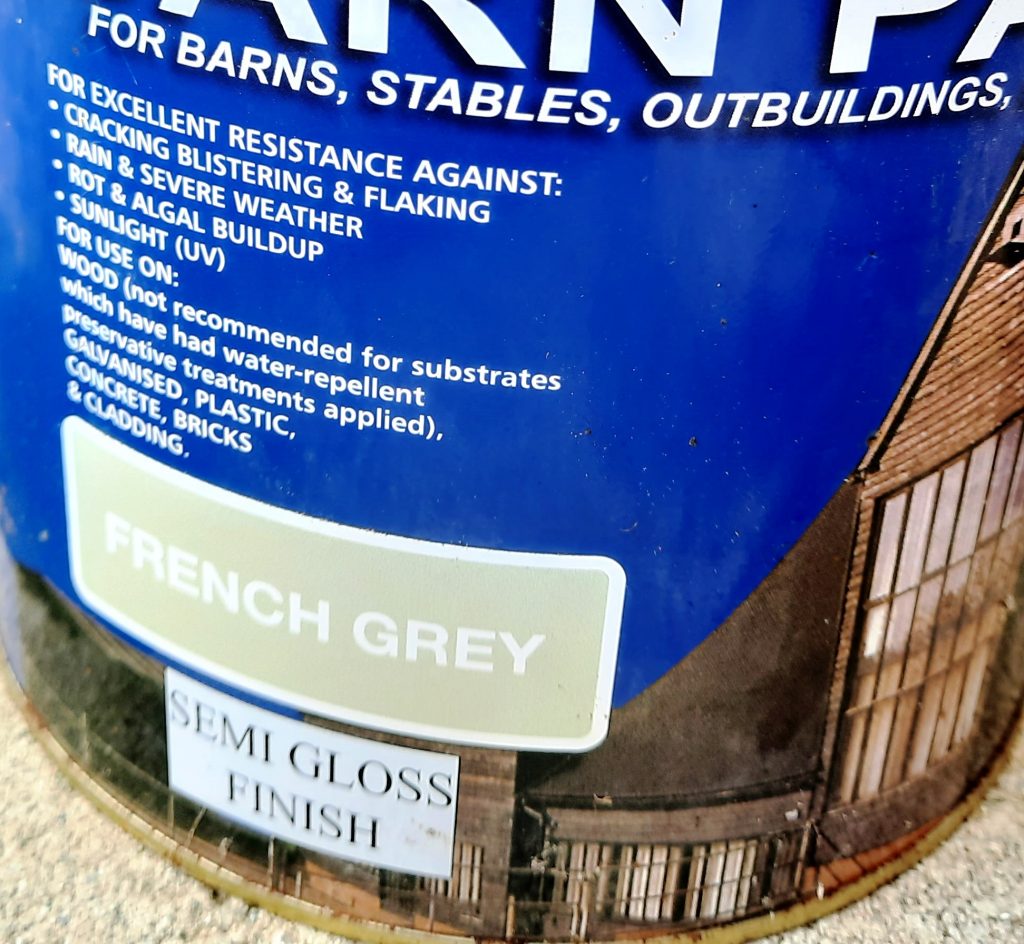

- Is it reasonably convenient? I don’t think that we should be asking people to adopt lifestyles which are incredibly burdensome. If it’s going to make life too hard, then we need to keep searching for a better way.
- Finally, is the cost reasonable? What we don’t want is a two-tier nation. The well-off having shiny new green technology; while the less well-off have nothing; their traditional technology having been banned while they are unable to afford the new ‘green’ replacements.
On these criteria I would have serious doubts about some of the technology the government is promoting: heat pumps being a case in point. Do they actually work for older flats and houses? There seems to be some doubt whether they can quickly and efficiently heat your home unless it has been sufficiently insulated. Are they convenient? Apparently, it can be very disruptive to have the new pipe work fitted and possibly the insulation too, depending on how much you need. And they are massively more expensive than having a new gas boiler fitted. While they might work for certain buildings, I would say that, for the majority, we need to keep looking. Green hydrogen gas boilers? Electric heating, if we can sort out energy generation in this country? Somewhere out there, there is a better solution.
One such flagship ground source heat pump project is currently taking place at Brockwell Hall in Brockwell Park, South London. Work has been going on here for many months State-of-the-art decarbonisation technology set for Grade-II* listed hall – Love LambethLove Lambeth but note that it requires funding from a £429,000 grant as well as an unspecified amount of money from the council.
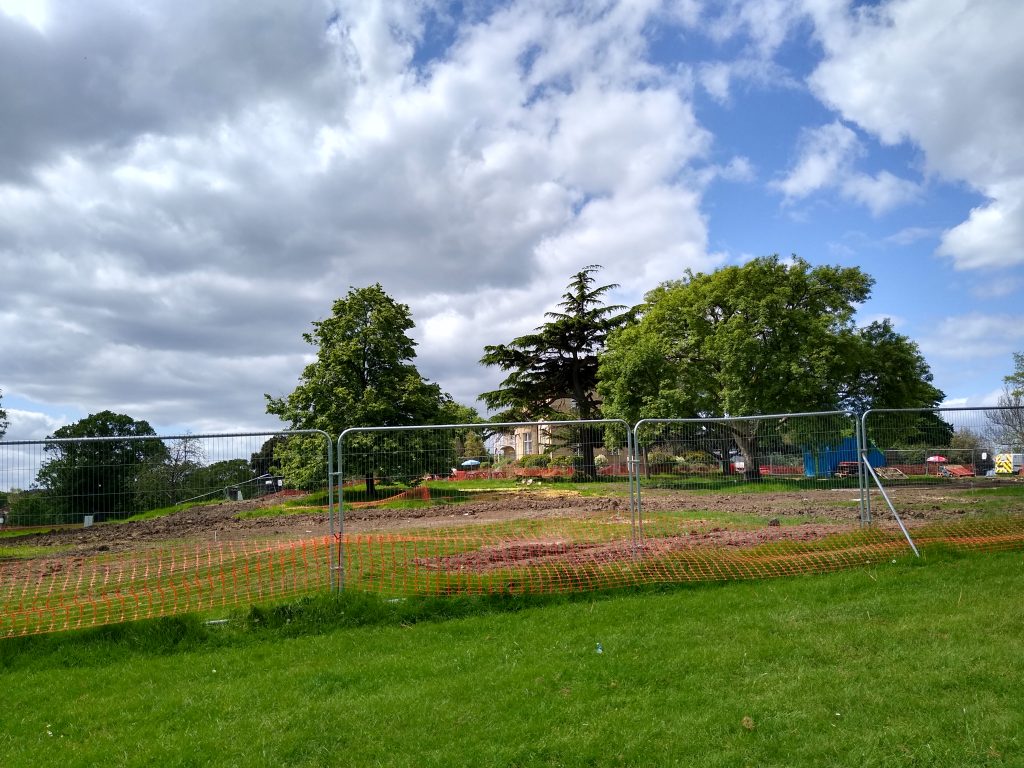
While I remain a little sceptical about this kind of heat pump project, I certainly support another Lambeth strategy, because it is convenient, doesn’t cost the earth and has the poetic title ‘No Mow May!’ https://love.lambeth.gov.uk/lambeth-letting-our-estate-grasses-grow-for-the-environment/
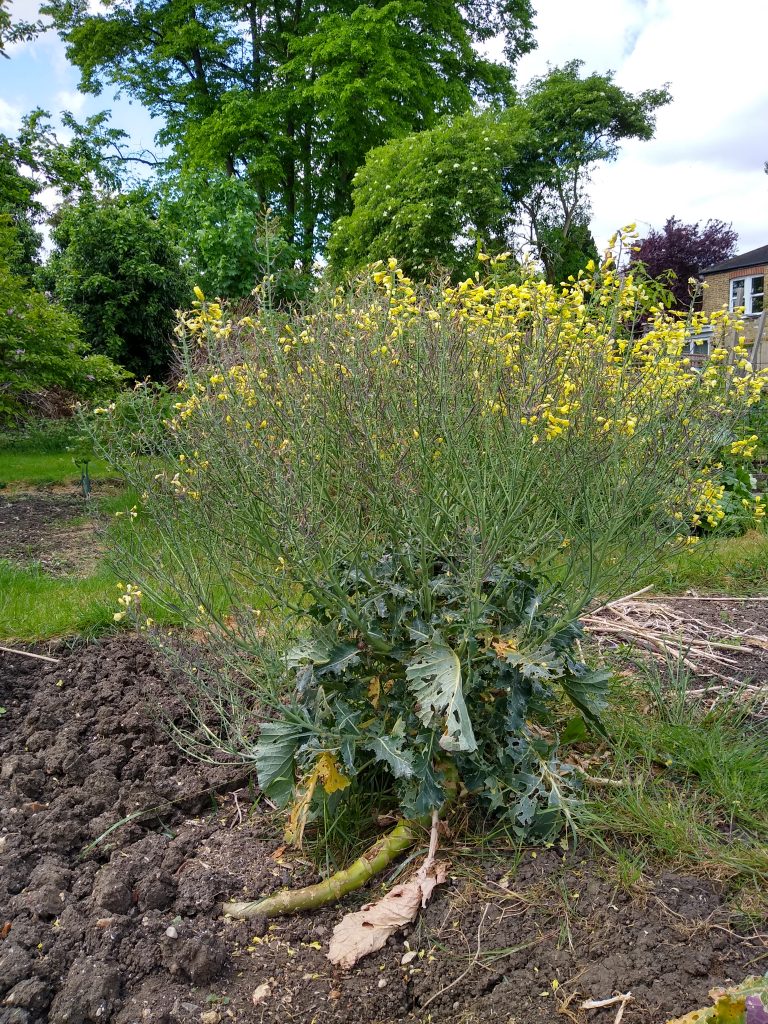
May is a time when insects are active and need to gather pollen and nectar but they can’t always find what they need easily, especially in the vegetable garden.
On the allotment I leave the remains of some of the purple sprouting broccoli plants to flower for a few months before I dig them up and they are always abuzz with bees.
It works – very happy bees!
It’s convenient (if you have the space) and, best of all it costs nothing.
Drawing this to a close now, my conclusions are: –
- Fundamentally, a lot of the issues around green technology in a city come down to space: space to put your solar panels, charge your electric car, install your heat pump and even space to leave some old broccoli plants to flower. Space, of course, is the one thing most people are sadly lacking here in London.
- We need green solutions that fit with the scale of our lives. Otherwise, like the poorer members of society everywhere, we will only be onlookers at the green revolution happening elsewhere or reluctant participants in imposed technologies, that only add stress and distress into our daily lives.
- All suggestions willingly considered but let’s make sure we are developing the right green solutions as a society and not just ticking the boxes and believing it’s job done, when clearly it isn’t for a lot of people.
CAROLINE ADDS
Thank you again, Carole, for this thought-provoking edition. I hope readers will come back with their comments. And if anyone else would like to be a ‘correspondent’ from their local area, I will certainly welcome the offer!
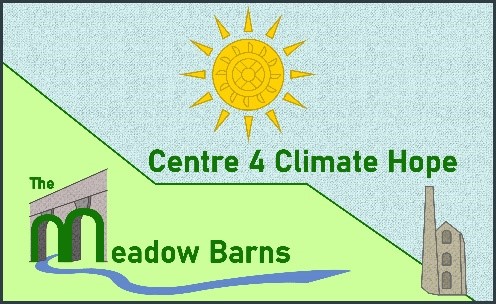

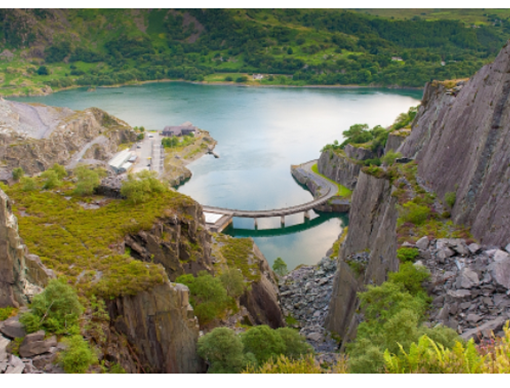
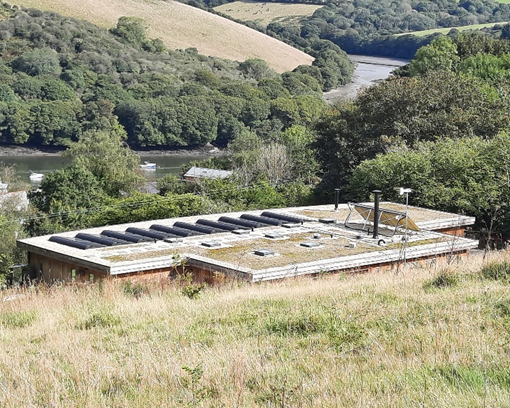
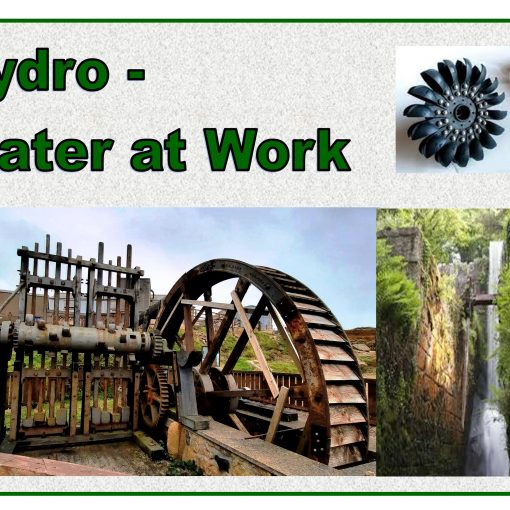
2 thoughts on “GF Blog 2022 – Week 19”
Thanks Carole for your suggestion on leaving a few sprouting broccoli plants for the bees. Have had allotments for 45 years but never thought of doing this deliberately (sometimes it happens accidentallly if I’m away at cropping time. Enjoyed the rest of the well argued blog.
Bruce, let me thank you on Carole’s behalf. I think she was very delighted to hear from you.